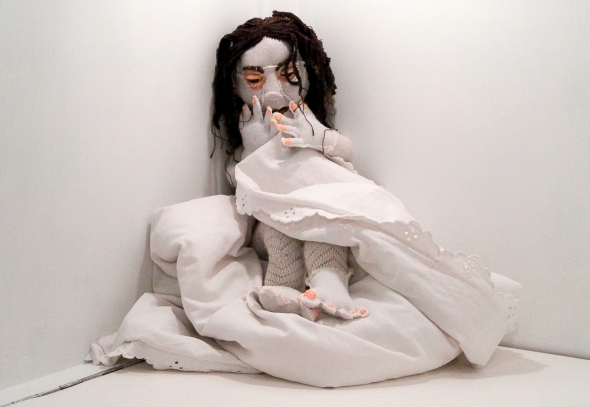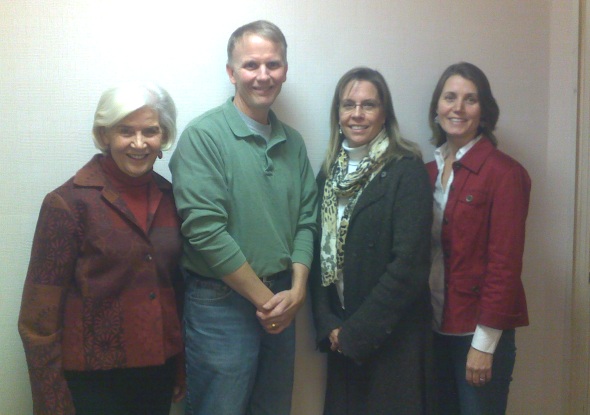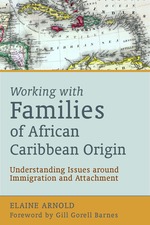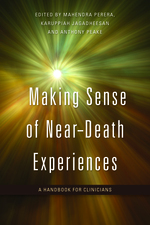Using Textile Arts and Handcrafts in Therapy with Women – An Interview with Ann Futterman Collier
“Ironically, as my fibre-making skills developed, my clinical skills also developed. I became better at creating relationships and more and more comfortable with using textile as an entryway to connect with women whom I didn’t know. At some point, it became obvious to me that making textiles and clinical psychology didn’t need to be two separate compartments in my life: I realized that I was already integrating the two.”









